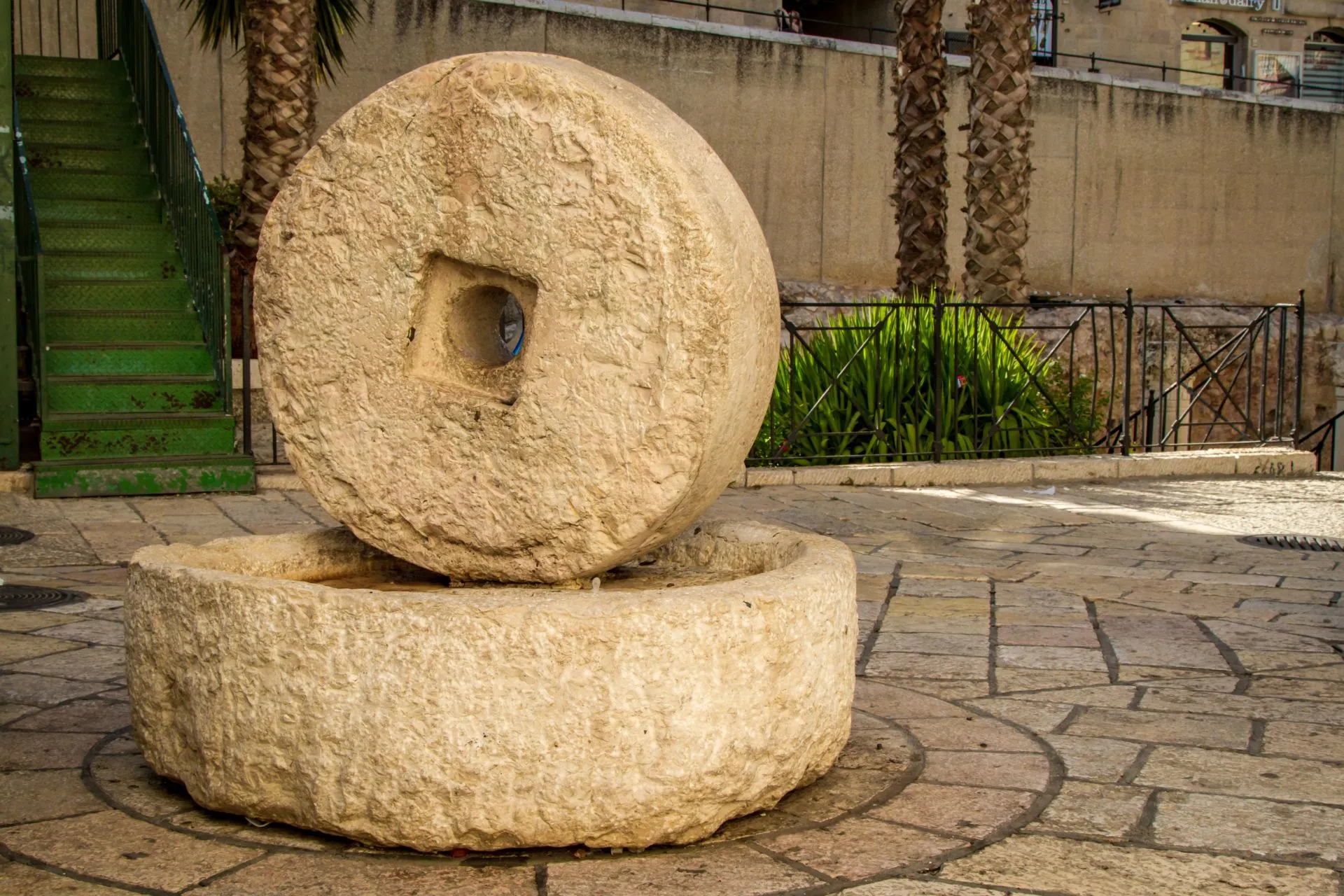One of my favourite songs goes this way:
“Why me, Lord, what have I ever done
To deserve even one
Of the pleasures I’ve known
Tell me Lord, what did I ever do
That was worth loving you
Or the kindness you’ve shown”
As I was meditating on those lyrics, I remembered my thoughts two decades back. I was crying out, “Why Me, Lord? Why have you forgotten me?” I was in a similar place to Zion in Isaiah 49:14, “But Zion said, ‘The LORD has forsaken me; the Lord has forgotten me!’”
Is it good to ask such questions? Many who walk closer to God ask questions like these not because of rebellion, but because they do not understand why they have to undergo what they are going through. I, too, did not understand why God allowed such things. But once I understood that the One who called me is faithful, I moved on and the questions changed. Instead of “Why me, Lord? Why have you allowed me to see evil?” my questions became “Why me, Lord? Why do you love so much?” followed by the words from another verse in that same song:
“Try me, Lord, if you think there’s a way
I can try to repay all I’ve taken from you
Maybe, Lord, I can show someone else
What I’ve been through myself
on my way back to you”
Gethsemane means oil press, a place where olives are squeezed to produce oil. It was Father God who brought the Son to the place of pressing
What is the reason for this transformation? It was knowledge of the One who asked a similar question, “And at three in the afternoon Jesus cried out in a loud voice, ‘Eloi, Eloi, lema sabachthani?’” (“My God, my God, why have you forsaken me?”) (Mark 15:34).
Can you ever imagine that the Son of God would cry out this way? Yes, Jesus, the One by whom everything was created came as a man and through His humanity showed that obedience, even despite feelings of abandonment, is a process that prepares and sanctifies a man or a woman of God. It is not a quick process, but a constant fight to overcome inner struggles.
In the Garden of Gethsemane Jesus was terrified at the prospect of doing what God had planned before the foundation of the world. The Triune God planned Jesus’s incarnate life and set it in motion; and, at one point in time, the humanity of Jesus felt the pain of the journey to victory. I often contemplate, “If Jesus had never become man, where would I be? What if Jesus had never taken my sins and hung on a cross, where would I be? What if God never loved the world so much to give His only begotten Son, where would I be? If God never loved me unconditionally, where would I be?” If it wasn’t for Jesus, if it wasn’t for His amazing grace, I would still be blind to his love and mercy.
That is the very reason that two thousand years ago Jesus cried out at Gethsemane. Jesus knew He was going to be crucified. So, He came with His disciples to Gethsemane, a garden across the Kidron Valley on the Mount of Olives. Gethsemane means oil press, a place where olives are squeezed to produce oil. It was Father God who brought the Son to the place of pressing. Mark 14:36 says, “He said, ‘Abba, Father, all things are possible for You. Take this cup away from me; nevertheless, not what I will, but what You will’”.
It is so difficult to imagine that the God who made heaven and earth—the eternal omnipotent only-begotten Son of God, the One who was at the beginning, who gave shape to the shapeless, form to the formless, filled that which was empty, and who said “Before Abraham was, I AM” and “Heaven is my throne, and earth is my footstool”— could cry out in this way.
The wonder of the gospel is that, though the cross of Christ never negates or dismisses our pain, it becomes manageable in His brokenness.
Jesus was never afraid of the cross. He very clearly said, “For this very purpose I have come into this world.” Then what was in that cup? The wrath of God for the dirty sins of the human race—the physical corruption of sexual sins, murder, anger, every vicious pride and anger, and all the sins of the flesh and the spirit.
Jesus was sinless; He was undefiled. But he chose the most horrible road where every sin was poured on Him—for the wrath of the Almighty God was thrust on Jesus Christ. Father God placed every sin on his Son, and that is why it is written, “It pleased the LORD to crush him” (Isaiah 53:10).
Imagine you are in a place where volcanoes can erupt. One morning you wake up to a sound like the ground cracking. You run to the window of your house and, looking out of the window, you see fire and ashes coming towards you from the volcano. You understand that you are going to be killed, and you have no time to speak to anyone; you will be no more in this world. Suddenly something appears and absorbs all the heat and fire—and you see that you are still alive! Christ has intervened! He has borne the wrath of the Almighty at extraordinary cost to Himself—and saved you.
That is the very reason Jesus was praying at Gethsemane, with His face down, in such extreme duress that minute capillaries in his skin ruptured and his blood mixed into his sweat.
Can you imagine what it must have looked like to redeem humanity? Jesus had to endure the wrath of God that is the also love of God. For God so loved the world that He did what was necessary to bridge the gap between sinful man and the Holy God.
In 1 Corinthians 15:56 Paul says, “Thanks be to God who gives us the victory through our Lord Jesus Christ.” The wonder of the gospel is that, though the cross of Christ never negates or dismisses our pain, it becomes manageable in His brokenness—and this is the comfort to a suffering person. The cross does not directly deal with the question: Why me? Rather, it gives the answer to a different question: Why am I loved so much? Jesus’s cry, “My God, My God, why have you forsaken me?”, soothes us. John Stott says in The Cross of Christ, “I could never myself believe in God if it were not for the cross. The only God I believe in is the One Nietzsche ridiculed as ‘God on the cross’”. The cross helps us place our trust in the Person to whom it ultimately belongs and propels us towards pouring ourselves out for the sake of others. I’ll tell the old, old story and I tell it now to you:
“I love to tell the story,
’Twill be my theme in glory
To tell the old, old story,
of Jesus and his love”.






